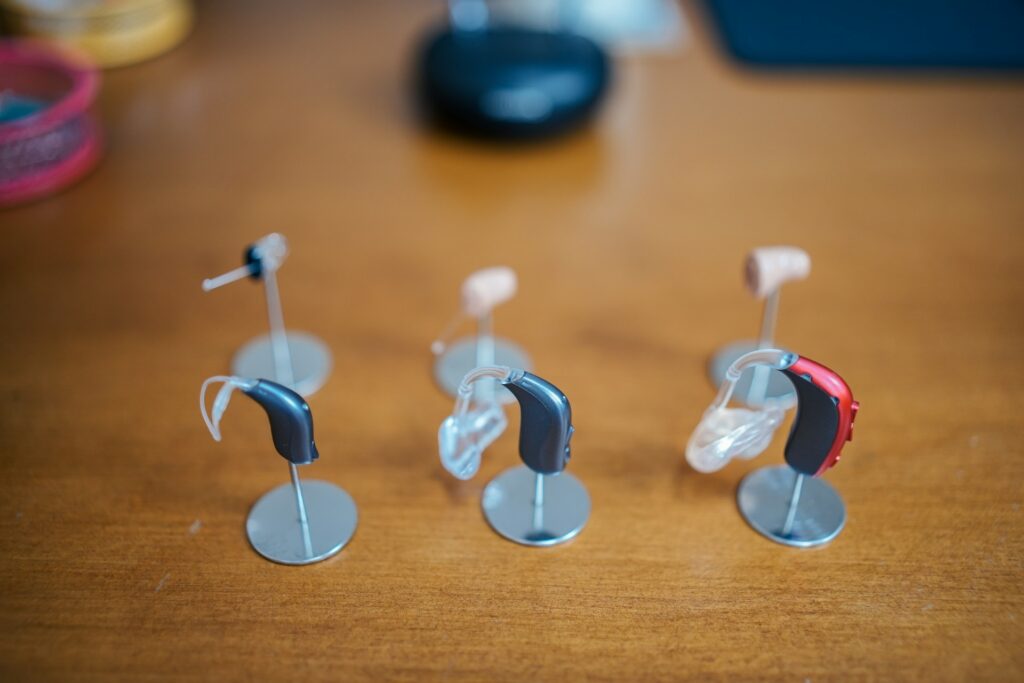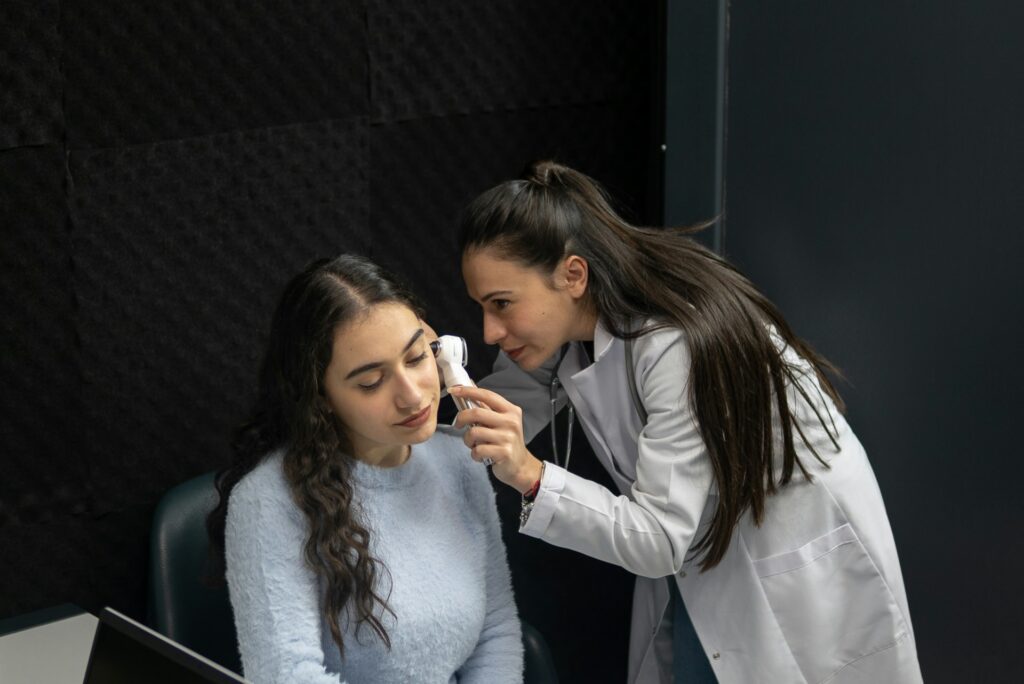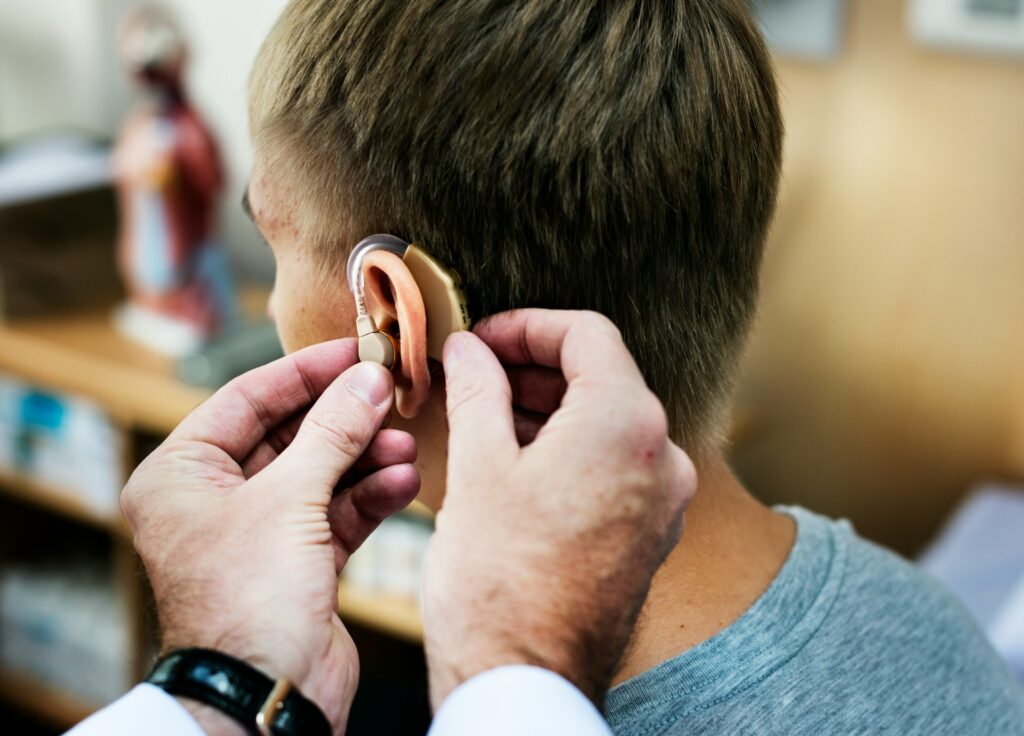Hearing loss is a common malady that affects millions of people worldwide. Genetic factors, ageing, exposure to loud noise, and certain medical conditions can cause it.
While hearing loss is primarily associated with communication difficulties, it can also significantly impact one’s balance and coordination. In this article, we will explore how hearing loss affects balance and coordination and discuss the importance of hearing care in maintaining overall well-being.
The Connection Between Hearing and Balance
Our ears play a crucial role in maintaining balance and coordination. The inner ear, which shelters the vestibular system, is responsible for detecting the position and movement of our head and body in space.
It sends signals to the brain, which then coordinates our movements and helps us maintain balance. The vestibular system interacts with the visual and somatosensory systems to give us a sense of spatial orientation.
A disruption in the inner ear due to hearing loss can affect the vestibular system’s ability to function correctly. This can lead to balance issues, dizziness, and unsteadiness. Even mild hearing loss can cause balance issues, affecting the brain’s ability to process and integrate sensory information from different sources.
How Hearing Loss Affects Balance
Hearing loss can affect balance in various ways, based on the severity and cause of hearing loss. Here are some of the common ways hearing loss can affect balance:
- Reduced Spatial Awareness: People with hearing loss have reduced spatial awareness, making it difficult to accurately gauge their position in space. This can increase the risk of falls and accidents, especially in unfamiliar or crowded environments.
- Altered Gait: Hearing loss can affect how we walk and move. People with hearing loss tend to walk more slowly and take shorter steps, affecting their balance and coordination.
- Increased Risk of Falls: People with hearing loss are at an elevated risk of falls due to their reduced ability to detect environmental changes, such as uneven surfaces or obstacles. Falls can lead to severe harm, such as fractures, head injuries, and even death.
- Reduced Muscle Tone: Hearing loss can reduce muscle tone, especially in the neck and back muscles. This can affect balance and coordination, making it difficult to maintain an upright posture.
The Importance of Hearing Care
Hearing care is essential for maintaining overall well-being, including balance and coordination. Regular hearing check-ups can help detect hearing loss early and prevent further deterioration. Here are some ways hearing care can help improve balance and coordination:
- Hearing Aids: Hearing aids are the most common treatment for hearing loss. They amplify sounds and improve speech clarity, making communicating and detecting changes in the environment easier. Hearing aids can improve spatial awareness and reduce the risk of falls.
- Cochlear Implants: For severe cases of hearing loss, cochlear implants may be recommended. Cochlear implants bypass compromised parts of the inner ear and directly engage the auditory nerve, allowing the person to hear more clearly. Cochlear implants have been shown to improve balance and reduce the risk of falls.
- Vestibular Rehabilitation: Vestibular rehabilitation is a type of physical therapy that aims to improve balance and reduce dizziness and vertigo. It involves exercises stimulating the vestibular system and retraining the brain to process sensory information more effectively.
- Lifestyle Changes: Certain lifestyle changes can also help improve balance and coordination, such as consistent exercise, a healthy diet, and steering clear from alcohol and smoking. These changes can improve overall health and reduce the risk of falls.
Conclusion
Hearing loss can significantly impact one’s balance and coordination, leading to an elevated risk of falls and accidents. It is essential to seek hearing care early and explore treatment options to prevent further deterioration.
Regular hearing check-ups, hearing aids, cochlear implants, vestibular rehabilitation, and lifestyle changes can all help improve balance and coordination and maintain overall well-being.
Take charge of your balance and coordination with Country Hearing Care’s expert hearing care services. Book your hearing check-up today and explore our treatment options to improve your overall well-being. Don’t let hearing loss hold you back from living your best life.










